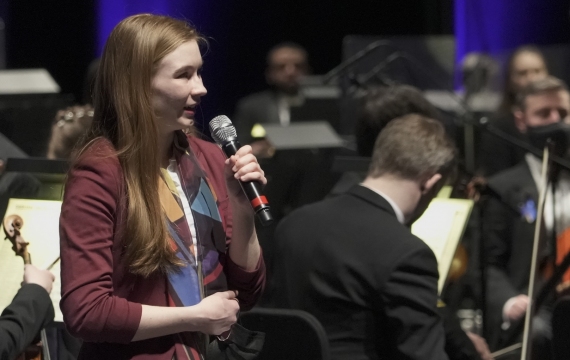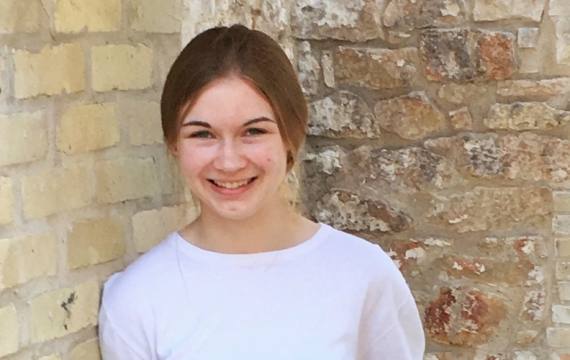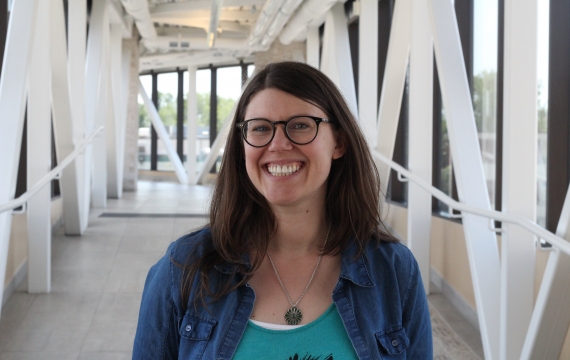
Programs & Courses
Academic Calendar
Music Admission
Programs
Bachelor of Music
Bachelor of Music graduates often are acknowledged as well-disciplined, well-educated, and imaginative people, with the competence to serve society well in a wide variety of areas.

Bachelor of Music Therapy

This program is designed for students interested in a career in music therapy. Music therapists use music in a skilful, systematic way to promote positive changes in the mental, physical, emotional, or spiritual functioning of individuals and groups. Employment opportunities for music therapists exist in mental health facilities, nursing homes, hospitals, schools, group homes, and many other settings. As well, many music therapists develop their own private practices. Music therapists are expected to be accomplished and versatile musicians with a solid grounding in the study of normal and abnormal human development in addition to their music therapy skills. Above and beyond the skills and techniques of music therapy, students at CMU gain an understanding of spirituality, ethics, and counselling, invaluable to a career in any care profession.
The CMU music therapy program is accredited by the Canadian Association for Music Therapy (CAMT). This means that CMU students may apply for CAMT-approved internships, and can apply for national accreditation by the CAMT once they have completed their Bachelor of Music Therapy studies.
Bachelor of Music Therapy, two-year after degree
This program is designed for students who have already completed a Bachelor of Music (or its equivalent) and are interested in a career in music therapy. CMU offers such individuals the opportunity to complete the academic coursework for the music therapy program in two years.
Major in Music within the Bachelor of Arts
Both the three-year and the four-year Bachelor of Arts with a major in Music provide a breadth of exposure to the humanities, sciences, and social sciences, and significant depth in Music. These programs are ideal for students who have a passion for music but may not want to work in the music profession.
A major in music equips students with healthy discipline and problem-solving creativity; skills that are valuable in many career fields. At CMU, both of these degrees offer the student a distinctive advantage in that they include a practicum, which requires at least 120 hours of experience in a setting relating to music.
Minor in Music within the Bachelor of Arts
The minor requires only 18 credit hours and can fit alongside a major in any field, whether in the three-year or the four-year Bachelor of Arts.
Courses
Most music courses are designed to fulfill the requirements of the various CMU music degree programs. However, all CMU students may choose courses in music to fulfill requirements for general electives in any degree program, provided they meet the course prerequisites. Music courses, including a limited number of applied or ensemble courses, also may be used toward subject area requirements.

For a list of current courses and descriptions, please see the Undergraduate Courses & Timetable.
For a complete list of courses and descriptions, please see Section I of the Academic Calendar.















